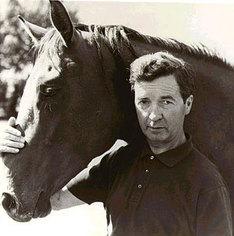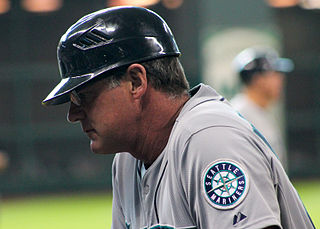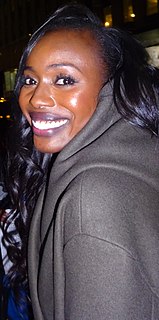A Quote by Kiefer Sutherland
When I saw Virginia Woolf, somewhere between the first and second acts, someone I had known as my mother became somebody else.
Related Quotes
When I saw what painting had done in the last thirty years, what literature had done - people like Joyce and Virginia Woolf, Faulkner and Hemingway - in France we have Nathalie Sarraute - and paintings became so strongly contemporary while cinema was just following the path of theater. I have to do something which relates with my time, and in my time, we make things differently.
Think of Virginia Woolf, 'A Room of One's Own' - that's what women have always needed under patriarchy and can't be creative without. They took away my classroom and my status to teach, and now they have taken away my office, and all of it is giving the message that Virginia Woolf and I are losing what I call 'womenspace.'
At Princeton I wrote my junior paper on Virginia Woolf, and for my senior thesis I wrote on Samuel Beckett. I wrote some about "Between the Acts" and "Mrs. Dalloway'' but mostly about "To the Lighthouse." With Beckett I focused, perversely, on his novels, "Molloy," "Malone Dies," and "The Unnamable." That's when I decided I should never write again.
As I saw my 60th birthday approaching, I thought,What did 60 mean to me? I figured I'd probably live until I'm about 90, which meant that I was at the beginning of what I call my third act. As an actress, I know how important the third act is. It makes sense of the first and second acts. You can have first and second acts that are interesting, but you don't know what they mean. Then a good third act pulls it all together. And so I knew that, because I sat by my father's side over the long months when he was dying.




































